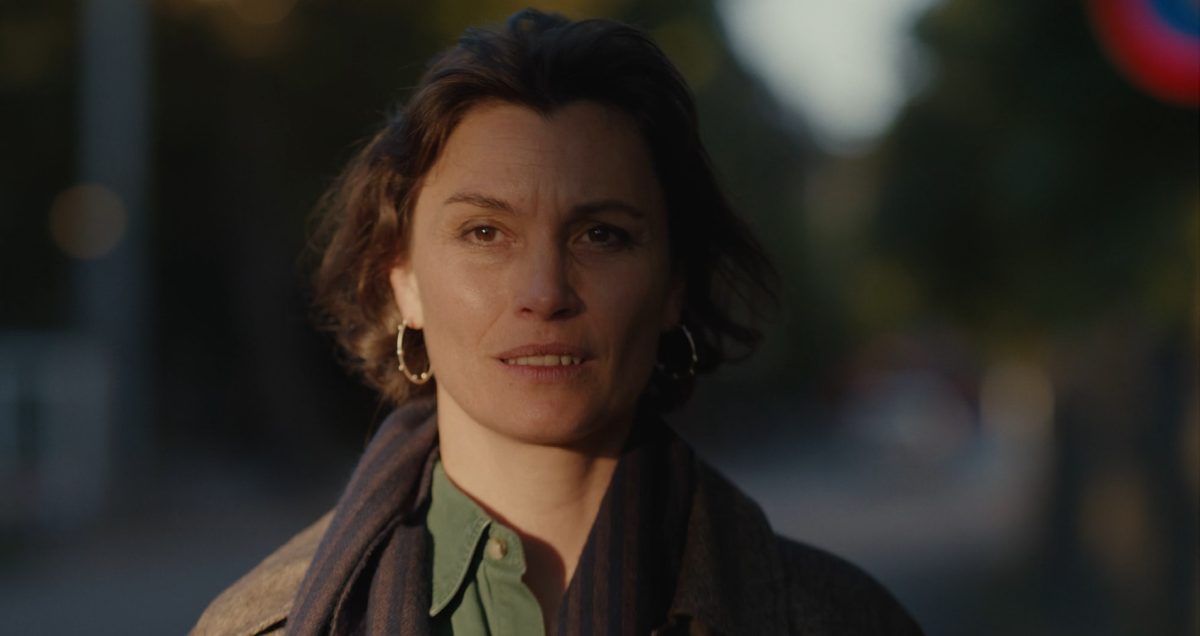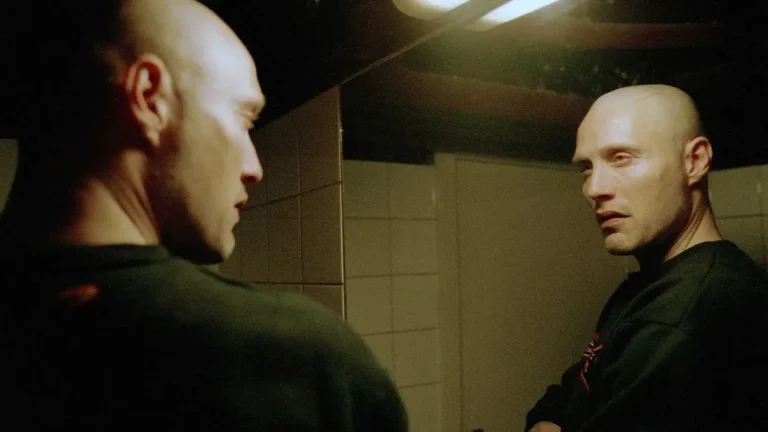A single mother, Edith (Lisa Loven Kongsli), is long-used to others implying, both faintly and strongly, that her child might need another parent. If she doesn’t get that, then there’s the stock condescension in being marvelled at for managing a child and a career all by herself. In Janicke Askevold’s “Solomamma” (2025), anxieties about being a good mother take a delicious, amoral turn, testing how far one can go to get closer to their child. Edith isn’t the kind of person who’d give a damn about others’ straining hijacking of her motherhood. She knows she’s more than capable of raising her son, but glaring fissures in her understanding of him are starting to show.
Sigurd, her four-year-old, was born via a stranger’s sperm donation. There are no male guardians. Edith’s father left when she was still a child. Her mother, with whom she lives, is turning weak, forgetful, and not exactly bursting with warmth. Neither does Edith seem to have a love life. Now in his formative years, her son displays behaviour which few of her friends propose might have been handed down by the man whose sperm was used. Struck by some veracity in it, Edith struggles to shake off the thought.
Plunging into a rabbit hole of audio interviews with the ‘Innus’ who donated the sperm, Edith grows obsessed with tracking him down. In the guise of her journalist job, she contacts the man and schedules an interview. As the details fall into place, she’s amused, nearly charmed by his answers in the recording. But could the biological father’s delusions also be inherited by her son? Edith wonders if she might know Sigurd better if she were familiar with the donor’s tendencies.
A game developer, Niels (Herbert Nordrum), is almost a recluse. At their first meeting, he’s reserved, surprised she has chosen to do a story on him of all people. His daughter Molly stands in tow, insisting that observing the interaction would help her journalistic aspirations. Edith notes him being ‘’naïve” and “smug”. Uneasy questions prick her. Is the autism Niels claims hereditary? Could Sigurd’s hoarding have come from him? There’s a knottiness lingering as the encounter initiates and proceeds, despite a fair share of qualm and hesitation.
Obviously, there’s a throbbing moral dilemma hovering closely, as much as she tries to keep herself composed and not let the façade slip. However, the minute she notices Niels’ childhood pictures and senses an aberration, she sharply pulls back. Barely containing her shock, she excuses herself and flees his house. Even as she makes up her mind on not visiting him anymore, her editor’s suggestion of a good story there being about Niels’ fading gaming career leaves her with no choice but to go back. Niels himself is thrilled at the newly gained patch of attention.

Kongsli’s performance has a quietly volcanic edge. As an anxious mother looking to bypass and pre-empt her child’s problems, she distils the desperation of needing answers, clarity. Edith is very aware of the danger loaded in her pursuit. Kongsli is excellent in catching a frayed-nerve watchfulness, the vigilance Edith has to keep up lest Niels discover the actual reasons.
But he’s only delighted by the companionship in his obtrusively isolated house. The way her face clouds over in dismay and abiding apprehension is among the film’s most enduring, tectonically affecting images. Matching her in every beat is the ever-dependable Nordrum. He brings a mildness and aching softness to the fore, making you want to reach out and protect him. It’s a joy to see him go from someone with guardrails up to slowly opening up, flashing a mix of teasing and neediness. Early in the film, there’s precision to his movements which gradually melt, supplanted by a freeing liveliness.
A calmly wise and lucidly mature drama, “Solomamma” does everything you can ask. It enthrals, renders queasiness, moves, and moves to a place of assured understanding. Askevold’s deft direction inches you close to Edith’s quandary, sandwiched between silent maternal anguish and questionable pursuits.
But the compassion guiding Edith’s scanning through Niels’ habits and predispositions ensures you stick with her. Nordrum and Kongsli mark out an emotionally involving journey, a relationship that gathers meaning despite ample layers of hiding and projection. Being able to hold finer shades of truth and nuance in Edith’s individual odyssey makes “Solomamma” complex and tenderly human.








